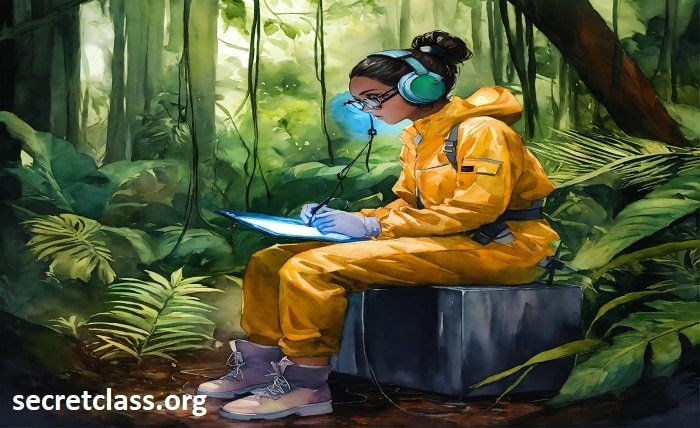Securing a Future in Green: Environmental Education Jobs

Environmental education jobs are becoming increasingly crucial as the world shifts towards sustainability. These roles play a pivotal part in shaping the next generation’s understanding and commitment to environmental stewardship.
What are Environmental Education Jobs?
Environmental education jobs involve teaching and creating awareness about environmental issues. These positions can be found in various settings, including schools, community centers, non-profits, and government agencies, each offering unique opportunities to influence environmental consciousness.
Educational Requirements and Skills Needed
To secure a job in environmental education, candidates typically need at least a bachelor’s degree in Environmental Science, Education, or a related field. Additionally, strong communication skills, a passion for teaching, and a deep understanding of ecological issues are essential.
Top Employers in Environmental Education
Many organizations are leaders in hiring for environmental education jobs. Schools, environmental NGOs, government bodies, and even corporate entities looking to bolster their sustainability practices provide opportunities for skilled educators.
Different Roles and Opportunities
Within environmental education, job roles vary widely. From classroom teachers to field instructors and program coordinators, each position requires a unique set of skills and offers different experiences.
How to Find Environmental Education Jobs
Job seekers can find environmental education job openings on specialized job boards, company websites, and through professional networks. Engaging in related volunteer activities or internships can significantly enhance your employability in this field.
The Impact of Environmental Educators
Environmental educators have a profound impact by increasing environmental awareness and promoting sustainable practices. Their work not only teaches about the environment but also empowers students and community members to make informed decisions about their interaction with the world around them.
Challenges Facing Environmental Educators
While environmental education jobs are rewarding, they come with challenges, including funding limitations, diverse student needs, and staying updated with the latest environmental science developments.
Future Trends in Environmental Education
The field of environmental education is evolving, with a growing emphasis on technology and interdisciplinary approaches. Understanding these trends can help educators stay relevant and effective in their teaching methods.
Resources for Aspiring Environmental Educators
There are numerous resources available for those looking to enter or advance in environmental education. Professional organizations, educational workshops, and online communities can provide valuable information and networking opportunities.
Preparing for a Job in Environmental Education
Preparing for a career in environmental education involves gaining the necessary educational background, acquiring practical experience, and developing a network of contacts in the field. Staying informed about environmental issues and education techniques is also crucial.
Conclusion
Environmental education jobs offer a meaningful career path for those passionate about teaching and sustainability. By entering this field, you can play a significant role in fostering environmental awareness and shaping the ecological practices of the future.
FAQ
1. What qualifications do I need for environmental education jobs?
Typically, a bachelor’s degree in Environmental Science, Education, or a similar field is required, along with strong communication and teaching skills.
2. Where can I find environmental education jobs?
Check specialized job boards, educational institution websites, and government agency portals. Networking and volunteering can also open doors in this field.
3. What types of organizations hire environmental educators?
Schools, non-profits, government agencies, and sometimes corporations involved in environmental stewardship are key employers.
4. Are there opportunities for advancement in environmental education jobs?
Yes, with experience, environmental educators can move into roles such as program directors, senior educational coordinators, or policy advisors.
5. How can I stay updated on new developments in environmental education?
Joining professional organizations, attending workshops, and subscribing to relevant journals are excellent ways to stay informed and connected.





